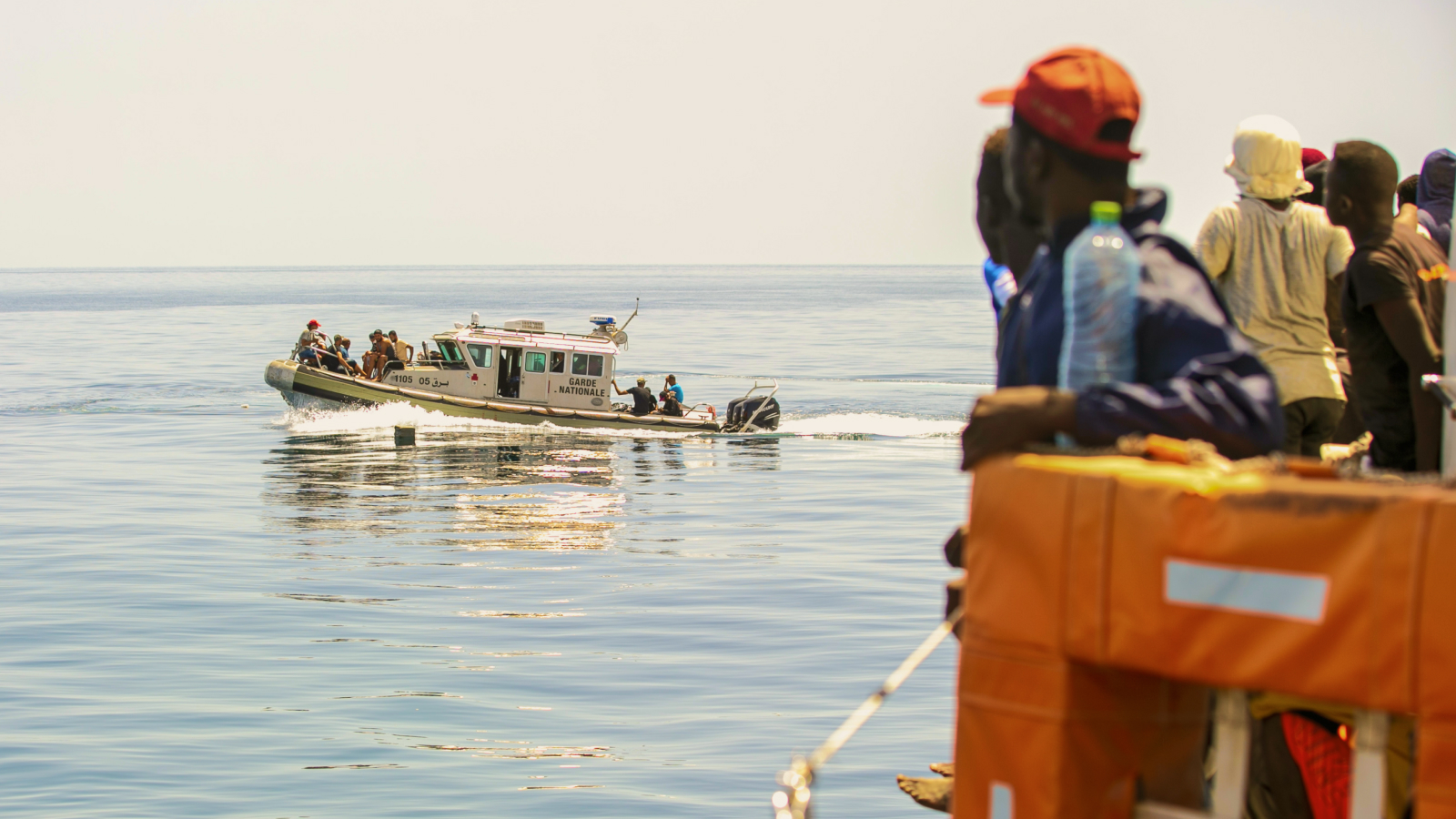From his tenure as Mexico’s secretary of foreign affairs to his professorship at NYU, Jorge Castañeda has sought to spark foreign interest and domestic hope in Latin America.
Question: What do you teach your NYU students, and what do they hope they gain from your class?
rnJorge Castañeda: Well, I’ve been teaching there now for 13 years with the exception of the three years I was in the foreign ministry. I teach freshmen which is a lot of fun. Freshmen honors seminar, they're kids or 18 years old. They're right out of college - out of high school, I’m sorry, and I give them a very sort of general survey course on Latin America. A little bit of history, a little bit of economics, a little bit cultures, movies, novels, whatever, and what I’m trying to achieve there is to have them remain interested in Latin America for the rest of their lives as students and subsequently as whatever they do in their careers and with an intellectual and traveler’s interest and I think actually most of the time I succeed up to a point in that.
rnIn my graduate class, which is a joint Columbia/NYU class that I have been doing the last couple of years with Dean John Coatsworth of the School of International Public Affairs at Columbia, we do a US/Latin America relations course which is really a foreign policy course of what the United States has done in regard to Latin America since World War II and what it should have done or what it should do in the future.
rnQuestion: What were your major responsibilities and challenges as Mexico’s Secretary of Foreign Affairs?
rnJorge Castañeda: Well, main responsibility was to conduct the country’s foreign relations, but at a time when it was very important to promote this notion that Mexico had finally become a full-fledged representative democracy for the first time in its history. So that, in a sense, was my main responsibility beyond the traditional foreign policy of the country.
rnAnd the main challenge I faced was how to drag along a society which remains remarkably conservative and traditional into a more modern world of international relations. It was very difficult and I can’t say I really succeeded as much as would have wanted to.
rnQuestion: Why were you recently barred from running for Mexico’s presidency, and why did you want to run?
rnJorge Castañeda: Well, the reason I was barred is that Mexican electoral law does not allow independent candidates to run. You have to be nominated by a party in order to be on the ballot. I challenged that in the courts; I took it all the way to the Mexican Supreme Court and subsequently to the Inter-American Human Rights Court and I eventually won part of my suit, but too late to be able to have - to compete, to contend in the 2006 elections.
rnWhat I would have wanted to achieve? Well, I wanted to achieve what I think remains to be accomplished in Mexico today, which is to carry out a broad agenda for change and economic policy and social policy and international affairs and security matters and an institutional reform, which are the platforms I ran on in 2006 or 2005 and which, unfortunately, have not been achieved in the subsequent four years now.
Recorded on February 1, 2010
Interviewed by Austin Allen





